The EU aims to become "carbon neutral" by 2050, i.e. reduce greenhouse gases to a level where the amount produced is balanced by the amount removed from the atmosphere. The bloc also wants to move away from dependence on Russian oil, coal and gas. To this end, it is seeking not only to use less energy, but also to increase the amount of domestically generated energy from renewable resources.
This includes producing electric vehicles and batteries, introducing more wind, solar and hydrogen technologies and creating infrastructure to distribute this clean energy.
But scaling up clean technologies will require a substantial input of raw metals.To reduce carbon dioxide (CO2) emissions to "net zero" by 2050, the EU will need "35 times more lithium" than it currently uses and "seven to 26 times more increasingly rare earth metals", says the Metals for Clean Energy report. The energy transition will also require much larger annual supplies of aluminium, copper, silicon, nickel and cobalt, reports energy-daily.com
Europe could be self-sufficient in 40 to 75% of its metals for clean energy needs by 2050 if it invests heavily now in recycling infrastructure and cuts red tape, says a Eurometaux report, commissioned by the European association of metals producers and recyclers.
For now, the EU remains dependent on imports for much of these metals and, warns the study, "there is growing concern about security of supply". China and India, which rely on coal-fired power for metal production, will dominate world markets for battery metals and rare earths. Europe currently relies on Russia for aluminium, nickel and copper.
If it is to meet social and climate goals, Europe will need to find external suppliers with a better environmental and rights record, the report says.
On the other hand, if it wants to become less dependent on external sources, Europe will need to open new mineral mines and refineries. There is "theoretical potential" for new mines to supply between five and 55 percent of the continent's raw metal needs, according to the report. But projects need to be started now if they are to be operational in time.
The study concludes that "recycling is Europe's best chance to improve its long-term self-sufficiency", noting that recycling metals produces far less CO2 than primary metals production.
 Florin Cașotă
Florin Cașotă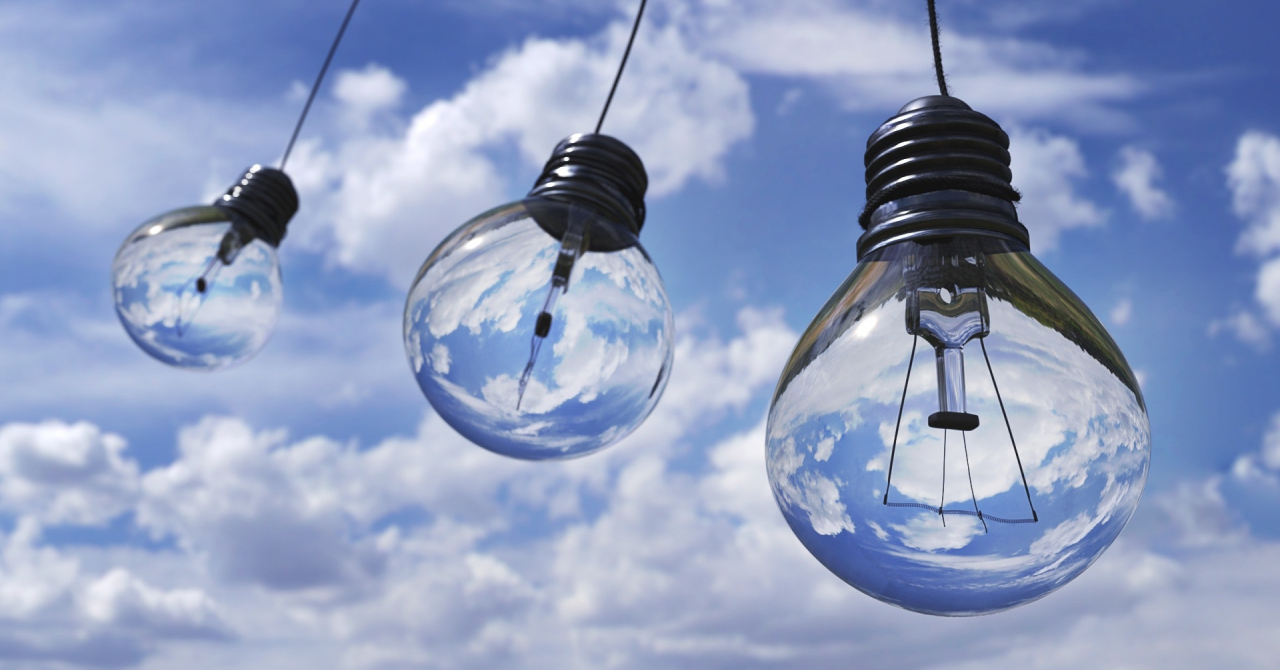

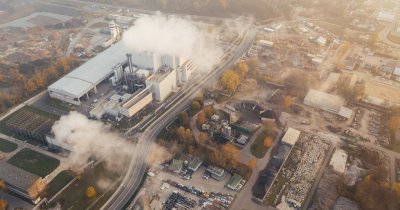
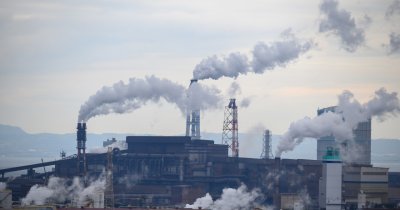
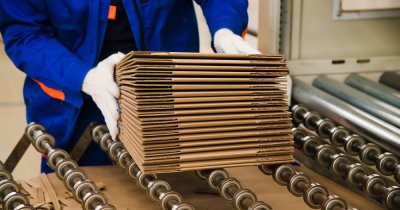


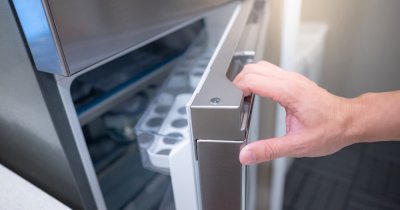
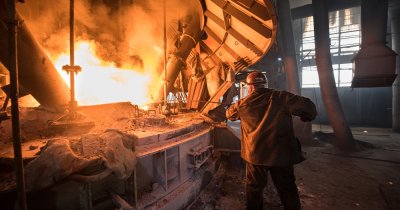
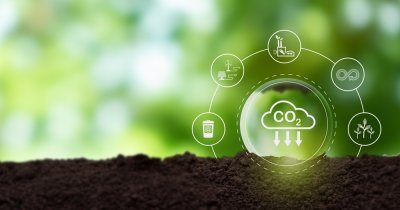
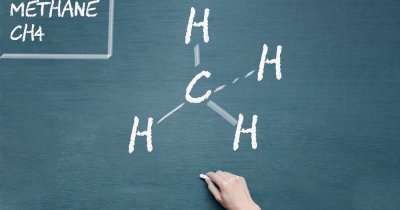


Any thoughts?